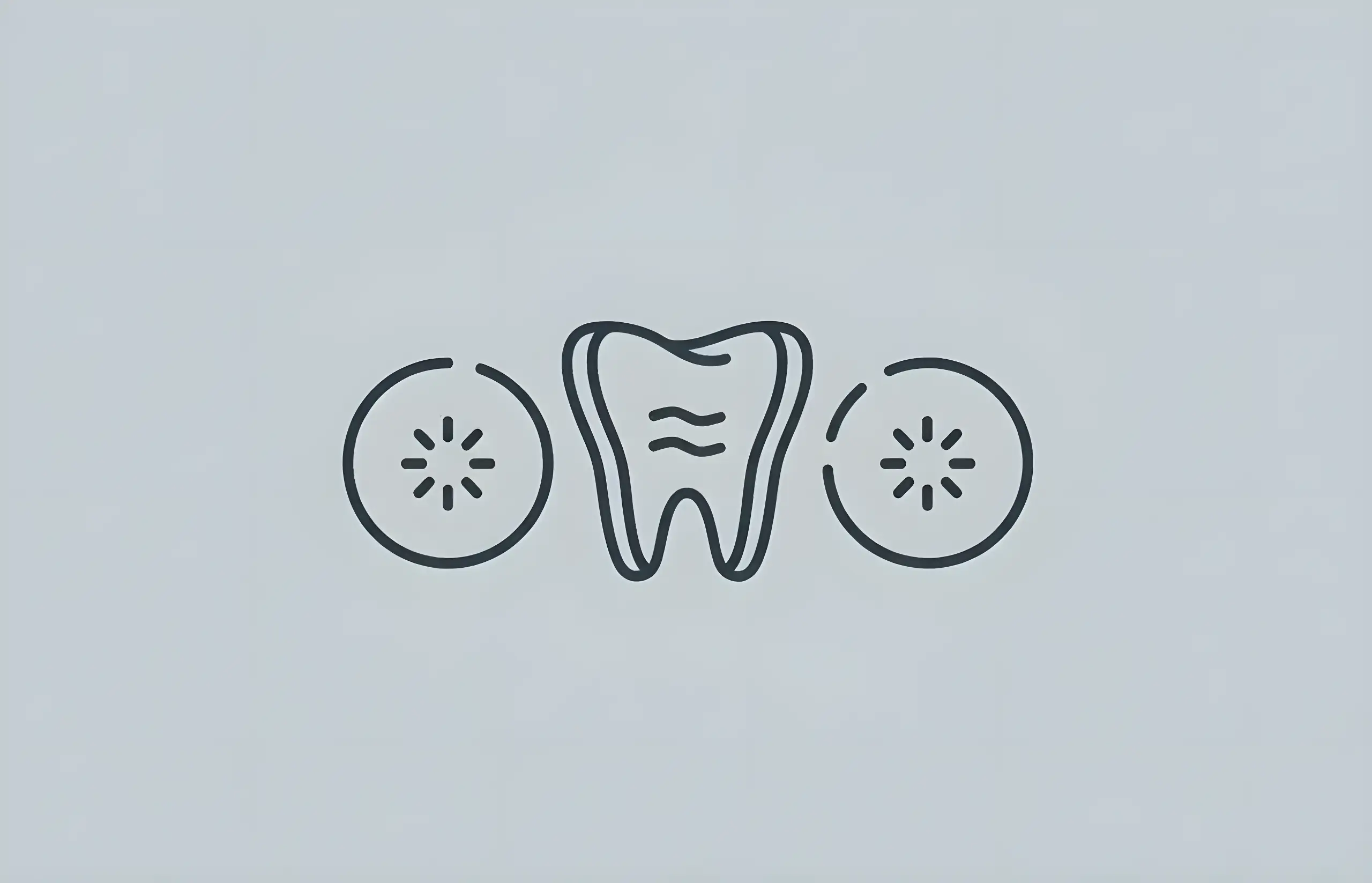Are you worried about having sensitive teeth after veneers? This situation is rare, but it can happen. Here's what you should know about veneers, why you might have sensitive teeth after having them placed, and your treatment options afterwards.
What Are Veneers?
Veneers are thin shells placed on the front sides of the teeth. They're typically made from composite resin or dental porcelain. Porcelain is a little more durable and lasts a few years longer, but it's also more expensive. In rare cases, dentists may order veneers made out of other materials.
Placing a veneer on a tooth involves shaving about 0.3 mm of enamel off the tooth's surface, then bonding it to the remaining enamel.
Dentists recommend veneers for various causes, ranging from correcting underbites to protecting the tooth from problems that fillings aren't the right answer to. Veneers are also used for cosmetic reasons because they can instantly whiten a smile.
Why Might The Procedure Cause Sensitivity?
The main reason that veneers can cause sensitivity is the need to reduce the enamel amount on the front of a tooth. When that's gone, heat and other sensations can go through the tooth more easily. The teeth are most sensitive immediately after the procedure, but this sensitivity usually goes away over time.
Veneers can also cause sensitivity if they're bonded improperly or if they become damaged over time. For example, if the top of the veneer chips off, heat could transmit exceptionally well through the tooth's new gap.
Treatment Options If The Sensitivity Remains
The best treatment options vary. Your dentist may need to ask several questions or run a few tests to determine the actual cause. Once they have that information, they'll be in a much better place to recommend treatments. Here are some of the possibilities you could hear.
Option #1: Replacement
If the problem is with the veneer itself, such as the laboratory making it too thin, your dentist may suggest replacing the veneer with a slightly thicker one. This usually resolves any sensitivity issues created by the veneer and allows you to retain the benefits of having them.
Option #2: Observation
If you've only just started experiencing sensitivity, your dentist may recommend waiting a week or two to see if the problem resolves. If it does, you're in luck because no further treatment is necessary, and you won't have to spend any more.
However, make sure you tell your dentist immediately if your sensitivity worsens. That usually means there's a bigger problem to deal with, and chances are they'll want to examine you as soon as possible.
Option #3: Root Canals
If your tooth is damaged or decayed behind the veneer, you may need more aggressive treatments. This could take the form of a root canal, or even extracting the tooth and replacing it with an implant. This isn't required in most cases, but if the tooth itself is too far gone, veneers can't help it.
Sources and References
-
[1]
Dentin exposure in tooth preparations for porcelain veneers: a pilot studyThe Journal of Prosthetic Dentistryhttps://pubmed.ncbi.nlm.nih.gov/16275300/
-
[2]
Survival of porcelain laminate veneers with different degrees of dentin exposure: 2-year clinical resultsThe Journal of Adhesive Dentistryhttps://pubmed.ncbi.nlm.nih.gov/25279393/
-
[3]
Porcelain laminate veneers: Clinical survey for evaluation of failureJournal of Advanced Prosthodonticshttps://www.ncbi.nlm.nih.gov/pmc/articles/PMC4229681/
-
[4]
Effect of tooth substrate and porcelain thickness on porcelain veneer failure loads in vitroDental Materialshttps://pubmed.ncbi.nlm.nih.gov/29273236/
-
[5]
Clinical performance of porcelain laminate veneers: outcomes of the aesthetic pre-evaluative temporary (APT) techniqueThe International Journal of Periodontics & Restorative Dentistryhttps://pubmed.ncbi.nlm.nih.gov/23057051/
All sources accessed and verified on . Medical information reviewed for accuracy and compliance with current guidelines.
Related Articles
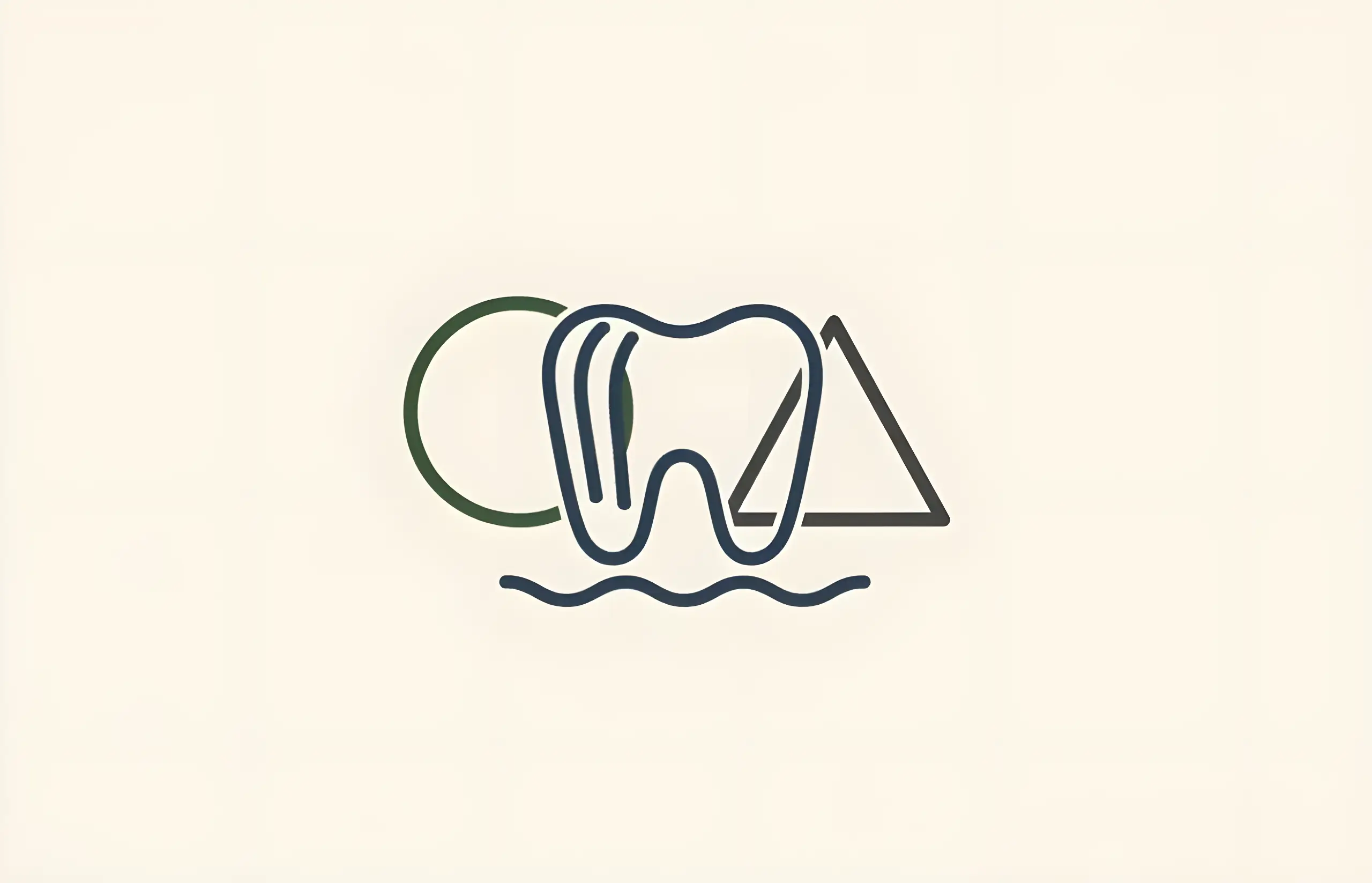
Alternatives to Veneers
Comprehensive guide to cosmetic dentistry alternatives to veneers, including teeth whitening, microabrasion, orthodontics, tooth recontouring, and dental bonding
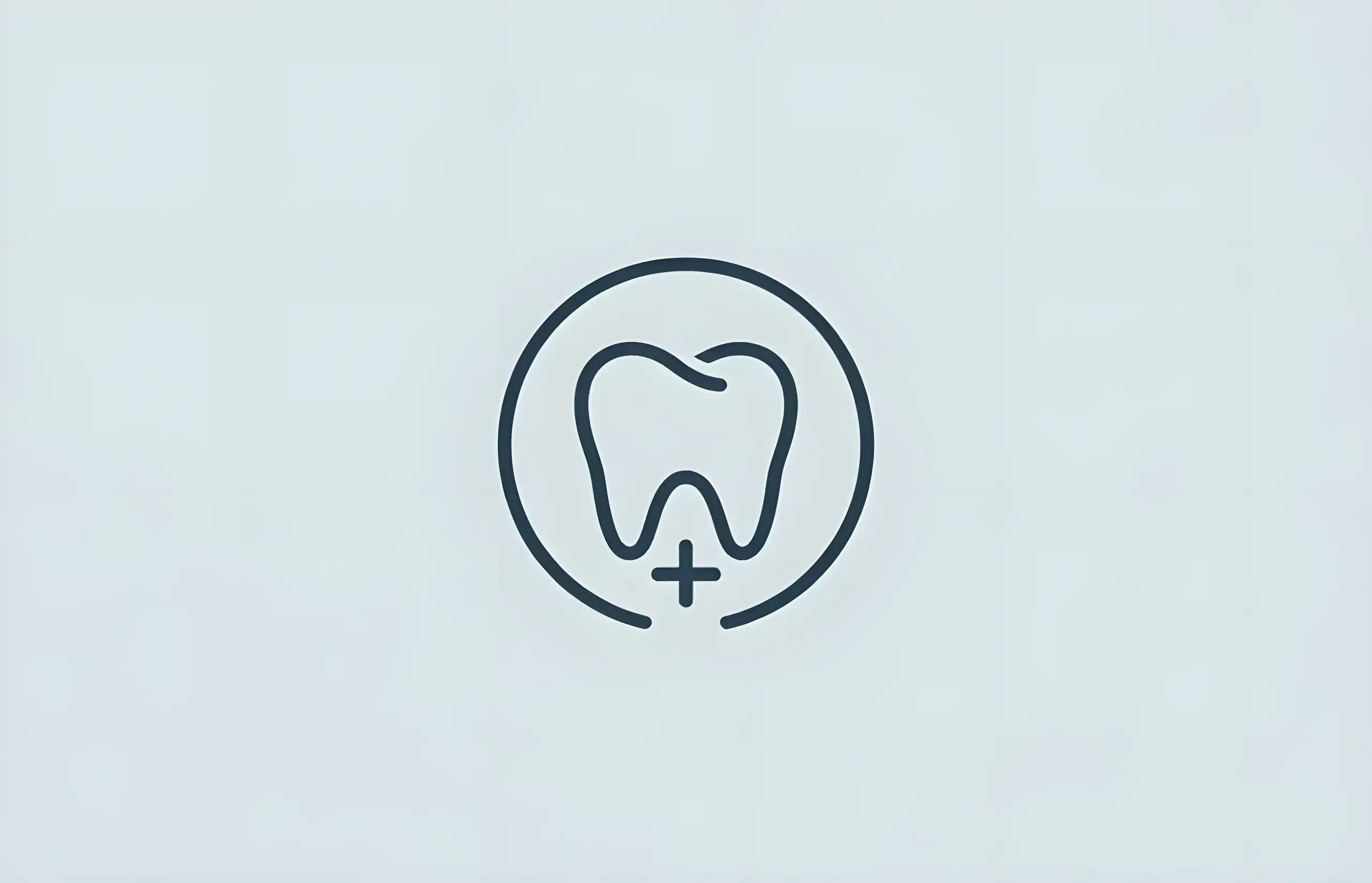
Are Dental Veneers Safe?
Comprehensive guide to dental veneer safety, including risks, complications, success rates, and important considerations for this popular cosmetic procedure

Are Veneers Bad for Your Teeth?
Comprehensive guide to how veneers affect your teeth, including enamel removal, long-term effects, proper placement, and important considerations

Are Veneers Covered By Dental Insurance?
Complete guide to dental veneer insurance coverage, when veneers may be covered, costs without insurance, and other dental procedures typically covered by insurance

How Much Do Composite Veneers Cost?
A comprehensive guide to composite veneer costs, comparing prices with porcelain veneers and understanding what affects the price

Composite Veneers vs Porcelain Veneers
Comprehensive comparison of composite and porcelain veneers including costs, longevity, aesthetic results, treatment procedures, and which option is best for your smile transformation

How Much Do Dental Veneers Cost in the UK?
Comprehensive guide to dental veneers including history, materials (composite, porcelain, lithium disilicate), treatment process, costs (£200-£1000 per tooth), longevity, care instructions, and cost factors

Do Veneers Fall Off?
Comprehensive guide to veneer longevity including survival rates, causes of debonding and failure, composite vs porcelain durability, prevention strategies, and how to protect your veneers
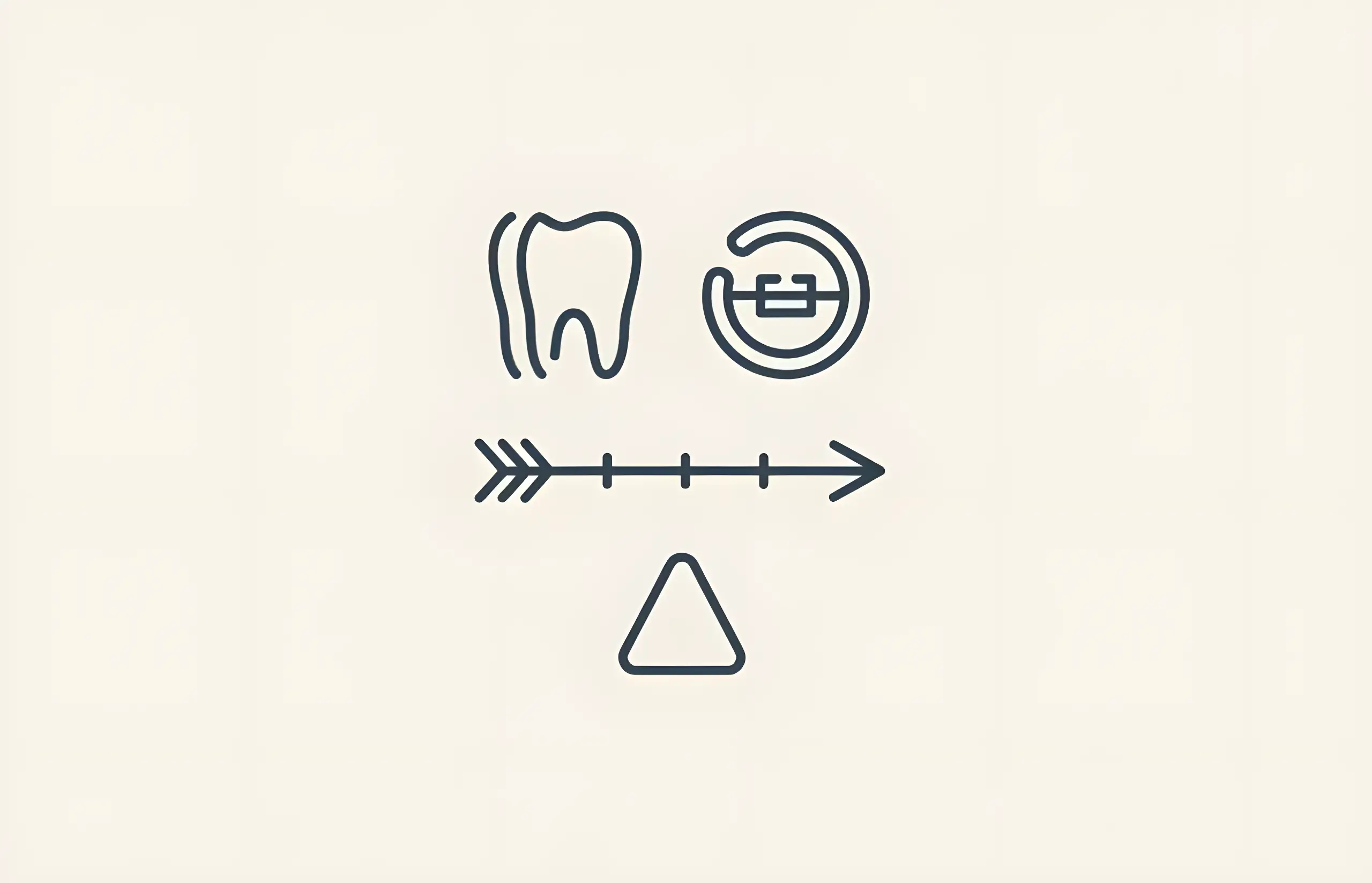
How Long Do Veneers Last?
Comprehensive guide to veneer longevity including survival rates, replacement considerations, irreversible enamel removal, color stability issues, and alternative restoration options
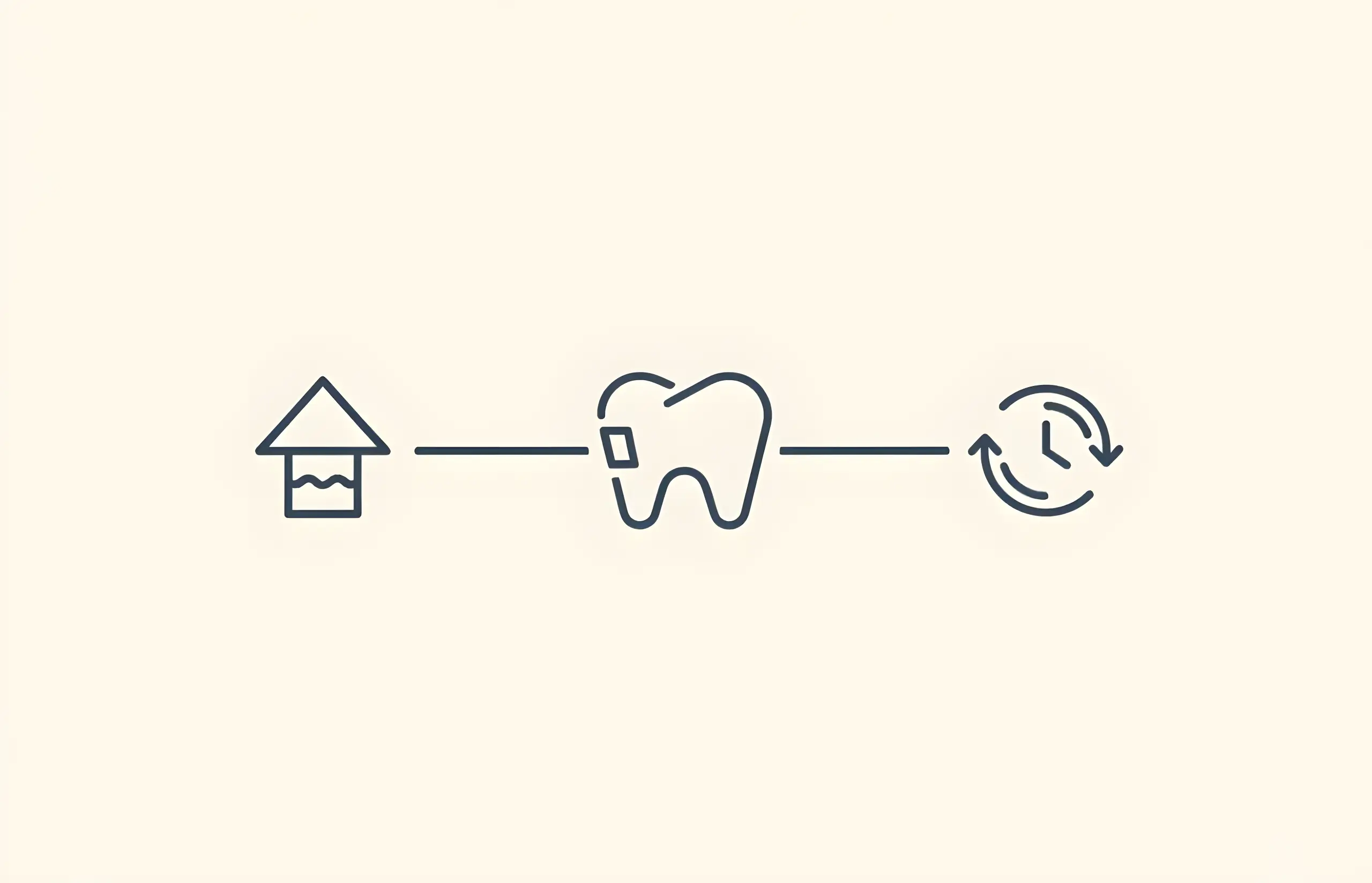
How Long Does It Take To Get Dental Veneers Fitted?
Complete Timeline Guide (3-4 Weeks Total, 94.4% Survival at 5 Years, 93.5% at 10 Years)
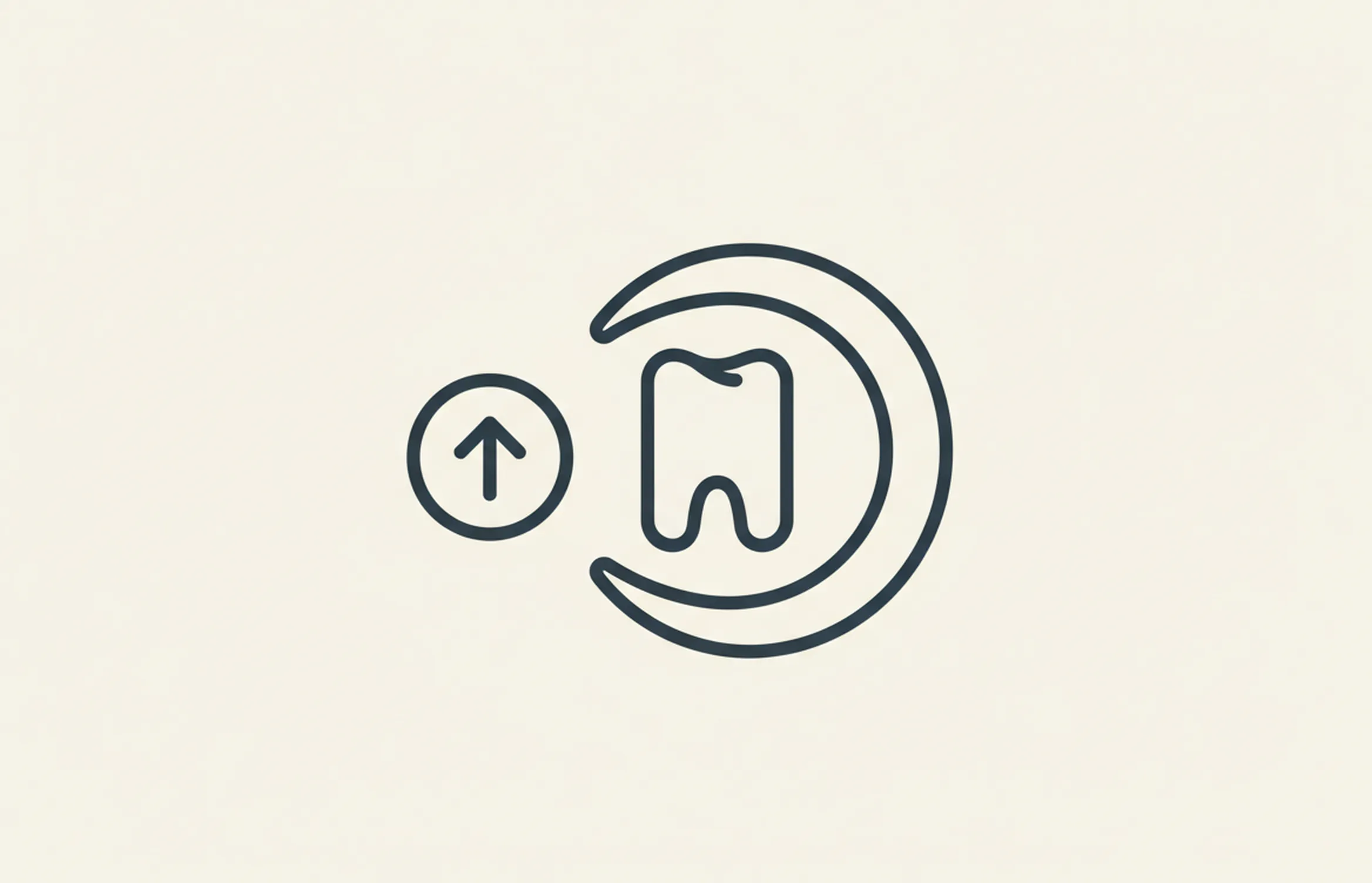
How Old Do You Have To Be To Get Veneers?
Comprehensive guide to age requirements for dental veneers, tooth development considerations, adolescent veneers, enamel bonding requirements, and factors affecting veneer candidacy
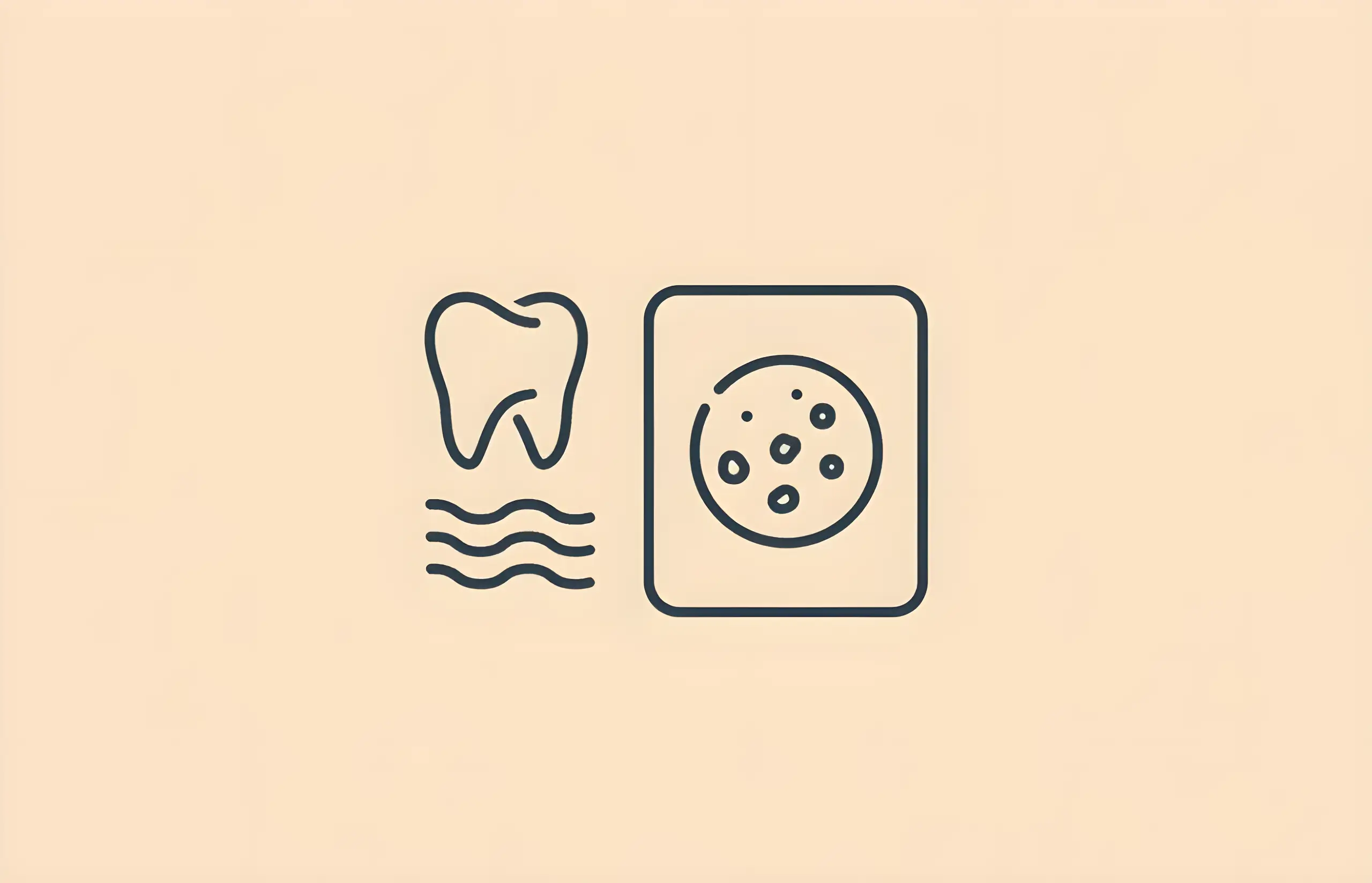
Do Porcelain Veneers Stain?
Comprehensive guide to porcelain veneers staining resistance, marginal discoloration (most common complication), color stability compared to composite, beverage effects (Coca-Cola worst, coffee second), surface roughness impact, and prevention strategies

The Pros and Cons of Veneers
Learn about the advantages and disadvantages of porcelain veneers including improved appearance, durability, stain resistance, cost, maintenance, and who is a suitable candidate

Different Types of Veneers
Comprehensive guide to veneer types including porcelain, composite, instant, and removable veneers with survival rates, costs, pros and cons, and how to choose the right option

Veneers For Front Teeth Gap
How porcelain veneers can effectively close diastema and improve your smile with a permanent, natural-looking solution

Veneers For Underbite Correction
Learn about using veneers for underbite correction including what underbites are, how veneers can help in mild cases, possible problems, and alternative treatment options
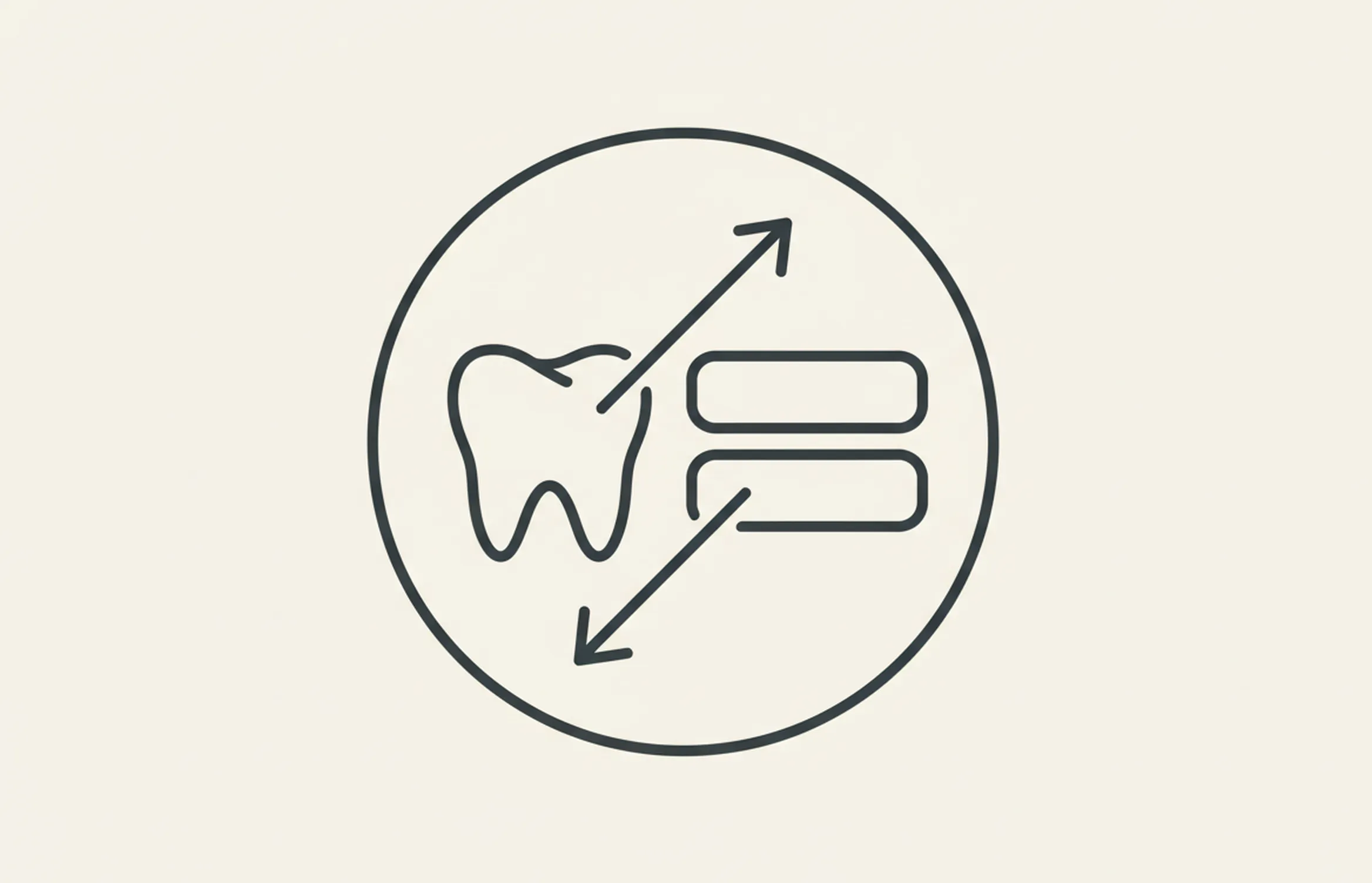
Can You Get Veneers With Crooked Teeth?
Comprehensive guide to using veneers for crooked teeth, including when they work, limitations, material options, and alternative orthodontic treatments
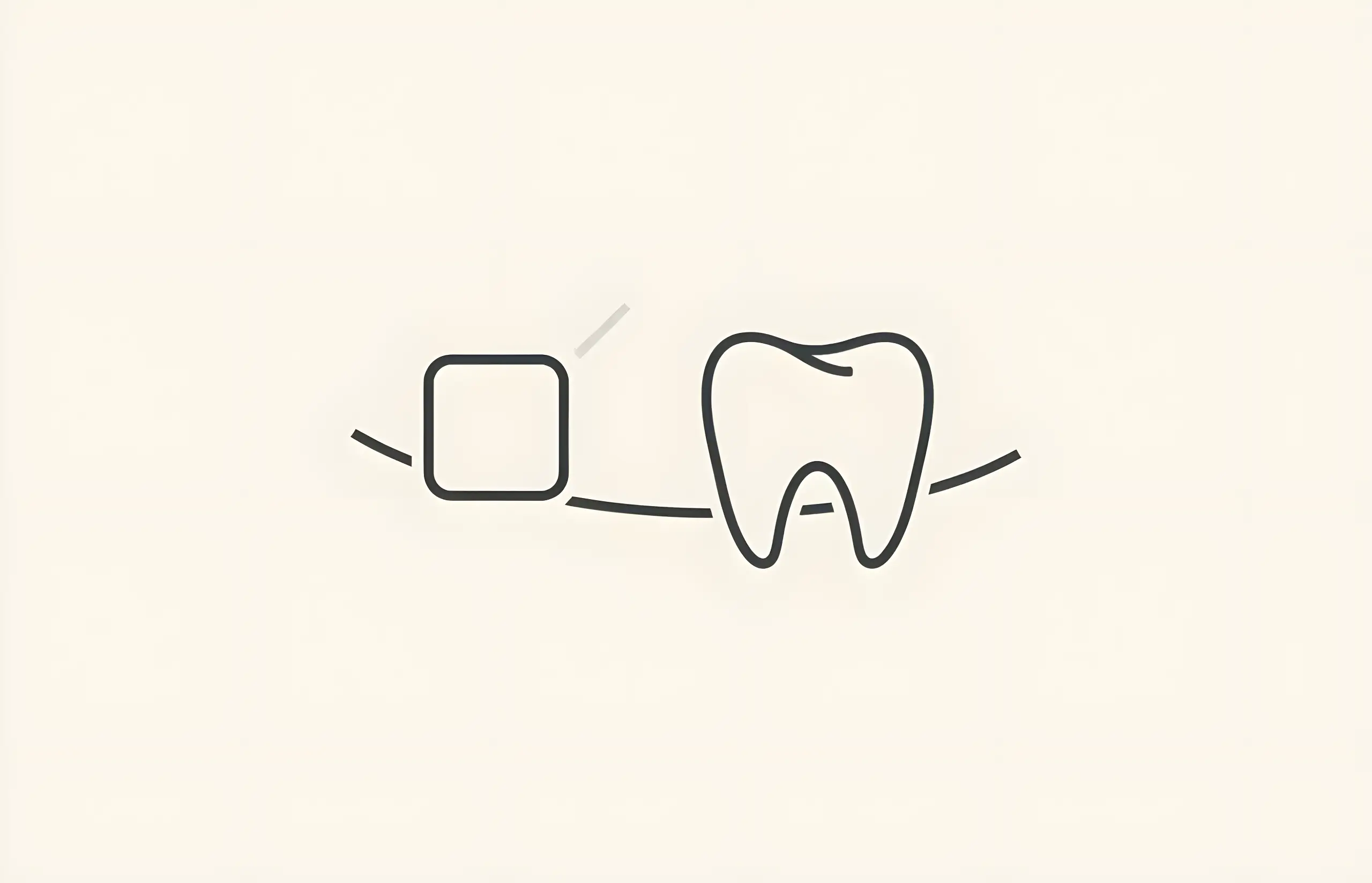
Can You Get Veneers With Missing Teeth?
Complete guide to veneers and missing teeth including why veneers cannot replace missing teeth, treatment limitations, and effective tooth replacement options
About The Dental Guide
The Dental Guide is a trusted online resource providing evidence-based information about dental health, treatments, and procedures. Our content is created and reviewed by qualified dental professionals to help you make informed decisions about your oral health.
Our Mission
- Evidence-based dental information
- Expert-reviewed content
- Clear, accessible explanations
- Latest treatment options
- Patient-focused guidance
Editorial Standards
- GDC-registered dental professionals
- Peer-reviewed sources
- Regular content updates
- Medical accuracy verification
- Transparent authorship
Important Notice
The information on The Dental Guide is for educational purposes only and should not replace professional dental advice. Always consult with a qualified dentist for diagnosis and treatment recommendations tailored to your individual needs and circumstances.
Medically Reviewed
Reviewed by Dr. Nasim Mechoui , BDS (Bristol)
Share this article
Comments & Discussion
Have questions about dental implants? Share your thoughts or experiences.
